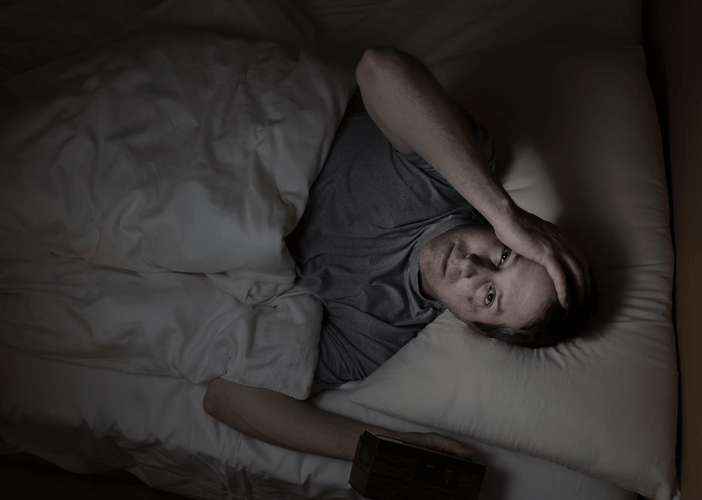How long alcohol stays in your body depends on a variety of factors, including your age, weight, sex, and overall health. Similarly, how long alcohol is detectable in the body via a test depends on the type of test used. Although breath tests are less accurate than blood tests, the latter https://ecosoberhouse.com/article/10-major-physical-signs-of-alcoholism-to-watch-out-for/ is typically harder to administer. These factors can also affect how fast you’ll feel the effects of alcohol. If the lower esophageal sphincter is closed for digestion, it slows down the absorption of alcohol. This means drinking on an empty stomach can get you drunk much faster.
How long does alcohol stay in your system? It depends on these factors – USA TODAY
How long does alcohol stay in your system? It depends on these factors.
Posted: Mon, 12 Feb 2024 08:00:00 GMT [source]
Having more than that overloads your system with more booze than it can process at once, which is what ultimately causes you to feel drunk and sends your BAC over the legal limit. If someone is showing any of these symptoms, don’t try to snap them out of it or assume that they’ll sleep it off. The only way to deal with alcohol poisoning is by getting emergency medical attention. Once the alcohol gets into your bloodstream, it starts flowing to all of your organs — reaching your brain in around 90 seconds. According to a 2013 research review, alcohol is technically a toxin. So, as soon as you drink it, your body starts working on getting it out of your system ASAP.
How long alcohol stays in your system and when it can be detected by drug tests
However, the organ can only metabolize a little at a time, leaving the excess to circulate throughout your body. So, how much alcohol you consume in a specific amount of time gives you an idea of its intensity. When you drink alcohol, it is quickly absorbed in the stomach and small intestines. Alcohol use disorder also increases the risk of depression and suicide.
- Research has found this is due to reduced overall circulation, a decrease in the body’s total water content, and decreases in lean muscle mass, all of which are normal occurrences as we age.
- Regardless of how fast your body absorbs alcohol, it eliminates it at the average rate of 0.016 BAC per hour.
- You can start to feel the effects of alcohol in a matter of minutes.
- Although the legal limit for driving is .08% in all states, penalties vary sharply.
- For example, a genetic variant more common in people of East Asian descent can cause a facial flushing reaction from drinking alcohol.
- This is crucial in testing as there is a shorter detection window for these compounds.
- That’s why it’s worth keeping tabs on how a drink makes you feel well before you get to that point, so you can know when it’s time to take a break or cut yourself off.
Metabolism is the body’s chemical process for breaking down a substance to be absorbed or used as energy. For urine alcohol tests, the period of detection depends on the type of test you take. Urine tests can determine whether you have consumed alcohol within the last 24 hours. There has been some research conducted on how abstaining from alcohol detoxifies your liver over time. A person’s body size and composition are also factors that can impact how fast alcohol is processed.
How long do tests detect alcohol?
If you’re experiencing severe symptoms of alcohol withdrawal, be sure to talk to a healthcare provider. Of all your body’s organs, your liver takes the biggest hit when it comes to alcohol. The human body is very effective at processing alcohol, provided that alcohol is not consumed so quickly as to cause alcohol poisoning. It is estimated that between 90% and 98% of all alcohol that enters the body is metabolized and absorbed.

This length of time usually depends on how recently and how much you drank. Breathalyzers can detect alcohol in your breath up to 24 hours after drinking. how long does alcohol stay in your system The length of time alcohol stays in the body will depend on factors such as individual features, how much a person has drunk, and how fast.
How long does alcohol last in your body?
In some cases, it can take weeks to receive the results of an alcohol blood test. However, alcohol blood tests are more accurate than alternatives, such as breathalyzers, and are much less likely to produce false positives. The presence of alcohol can be detected through a urine test, breath test and even in your hair, says Healthline.com. Alcohol can be measured through your urine within 12 to 48 hours or even 80, depending on how advanced the testing is. Breath tests, known as a breathalyzer, detect alcohol within 24 hours, according to healthline.com. Your body processes alcohol at the rate of around one standard-sized drink per hour, but booze can be detected in your blood, breath, and pee for a long time afterwards.
When transported to the brain, alcohol can impair messages being made there, affecting your emotions, movement and senses. The body metabolizes alcoholic beverages approximately one standard drink per hour. Alcohol exits the body’s systems at an average rate of .015% per hour, equivalent to roughly .25 to .30 ounces of ethanol (half a drink) every hour. Urine tests can detect alcohol or alcohol metabolites in your urine.

